Knowledge Hub
A library of practical tools, insights, and resources – designed by Teaching Lab to support educators and system leaders in real-world work.
Featured Downloadable Resources
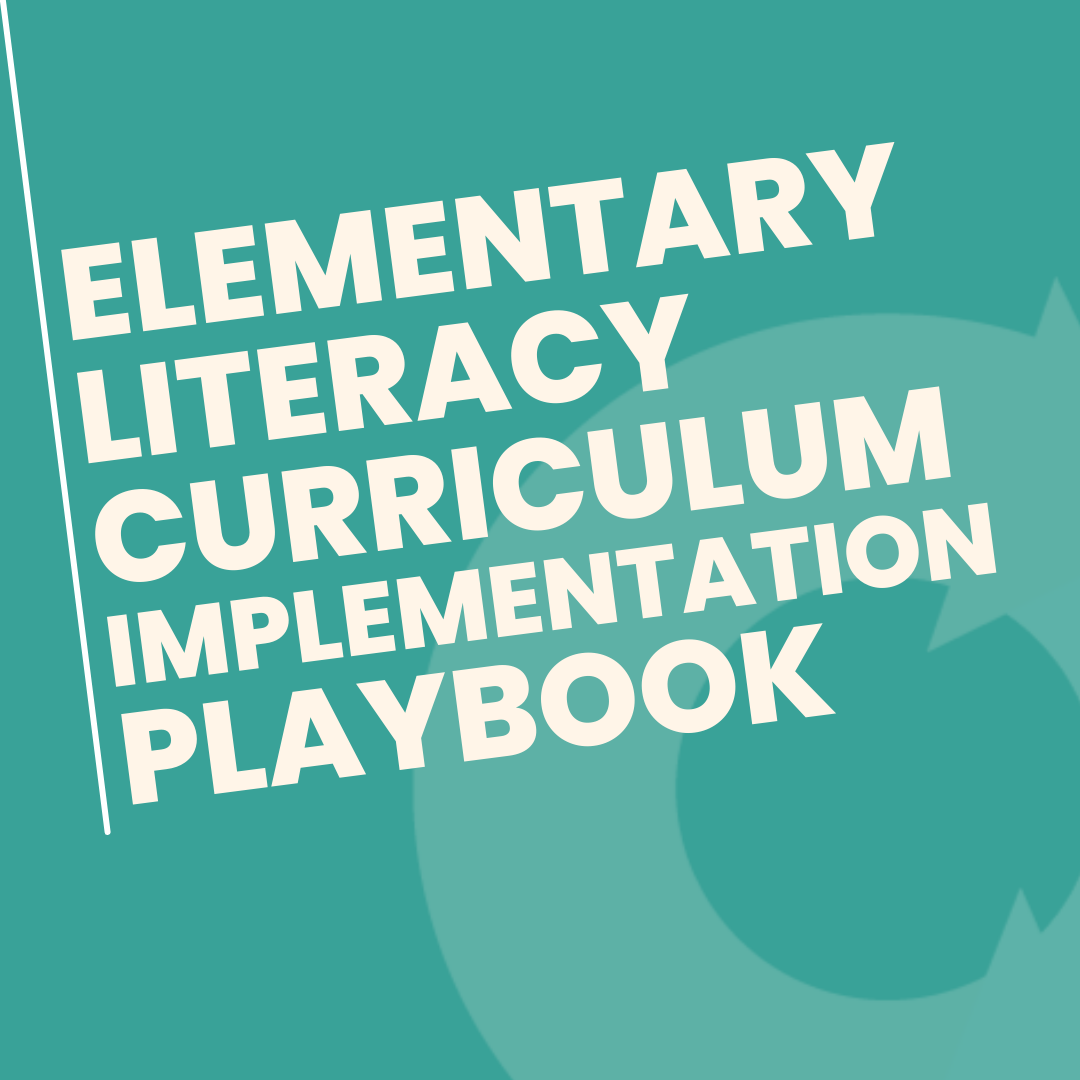
Downloadable Resource
Literacy Curriculum Implementation Playbook
The Elementary Literacy Curriculum Implementation Playbook is perfect for educators, school leaders, instructional coaches, and district administrators looking to implement a transformative literacy c
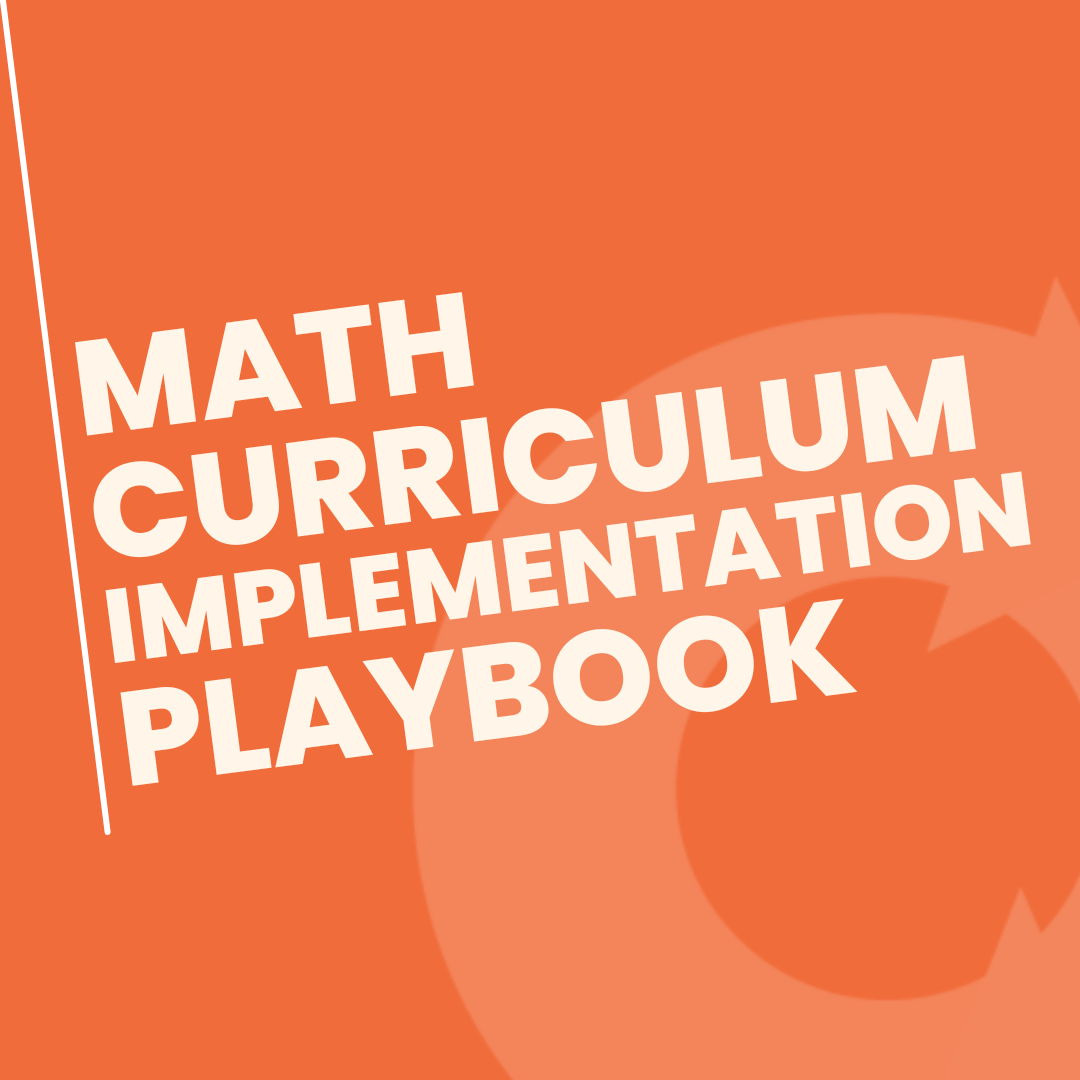
Downloadable Resource
Math Curriculum Implementation Playbook
Whether you're seeking to close achievement gaps, build stronger math programs, or foster equity and excellence in education, the Math Curriculum Implementation Playbook is your go-to guide.

Downloadable Resource
Unit Unpacking Protocols
Unit unpacking is a critical first step in making curriculum come alive for educators and students.
Featured Articles
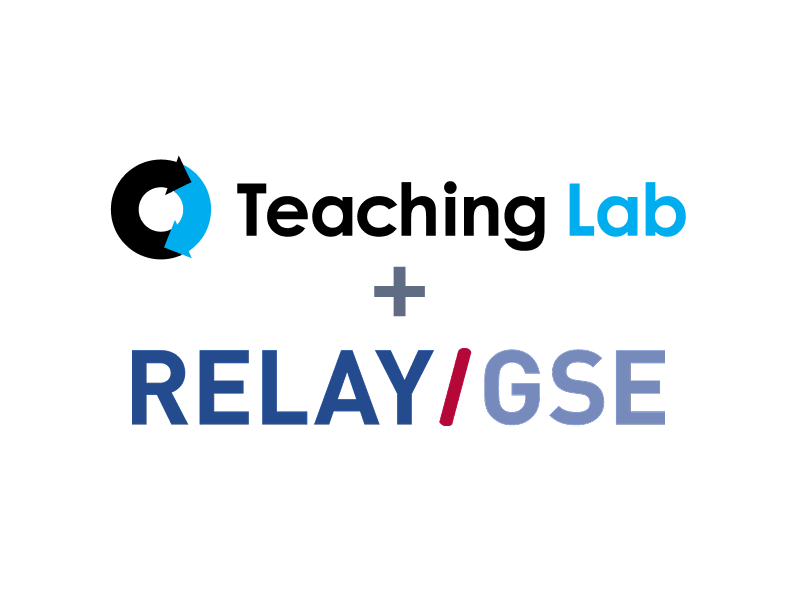
Article
NATIONAL EDUCATION NONPROFITS TEACHING LAB AND RELAY GRADUATE SCHOOL OF EDUCATION ANNOUNCE PLANS TO JOIN TOGETHER
National education nonprofits Teaching Lab and Relay Graduate School of Education (Relay) announce plans to join together as one organization. Relay’s next CEO & President Dr. Sarah Johnson will lea
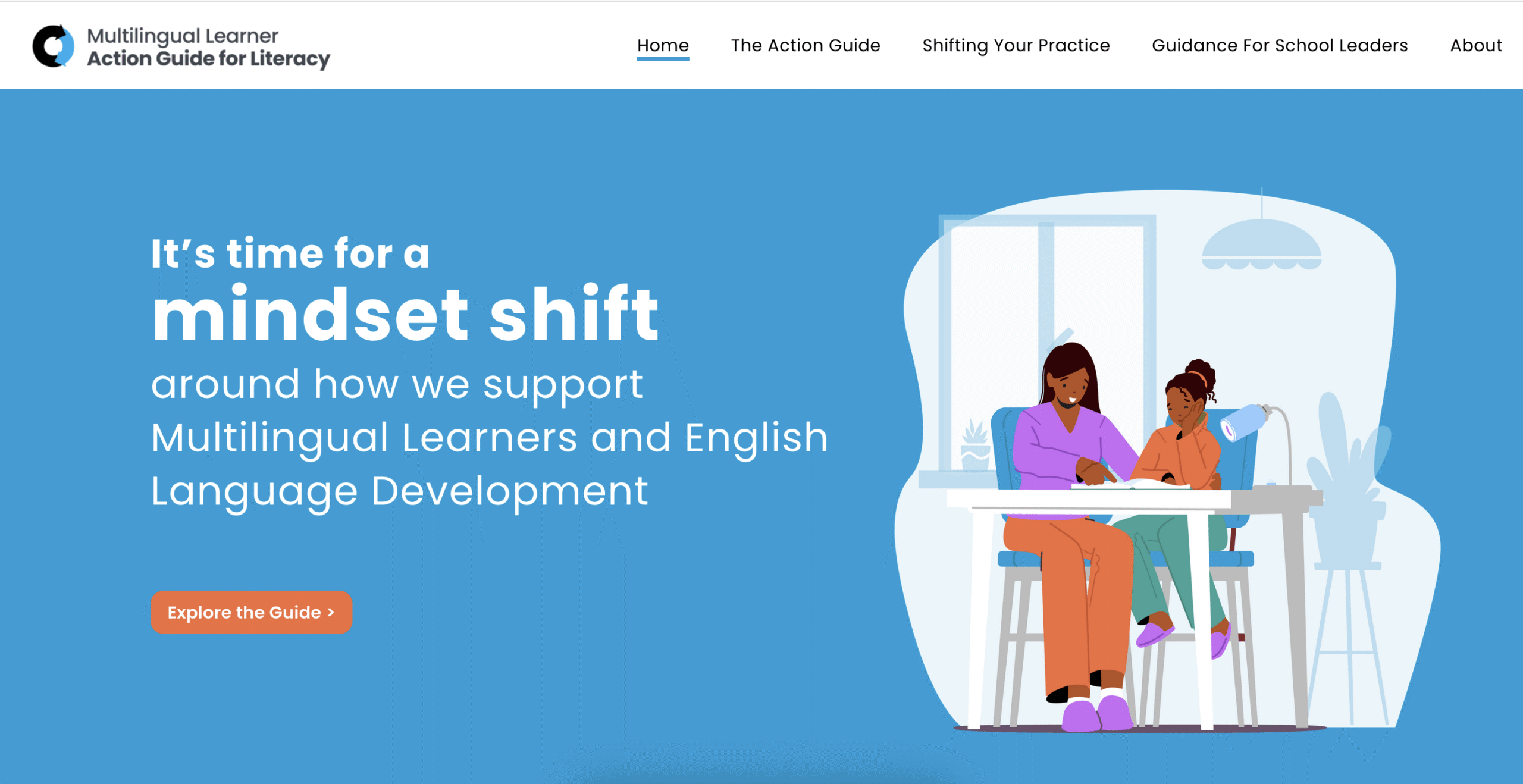
Article
Teaching Lab’s Multilingual Learner Action Guide for Literacy is here!
The MLL action guide brings targeted strategies to K-2 classrooms, helping students develop foundational literacy skills and thrive academically.
Featured Media
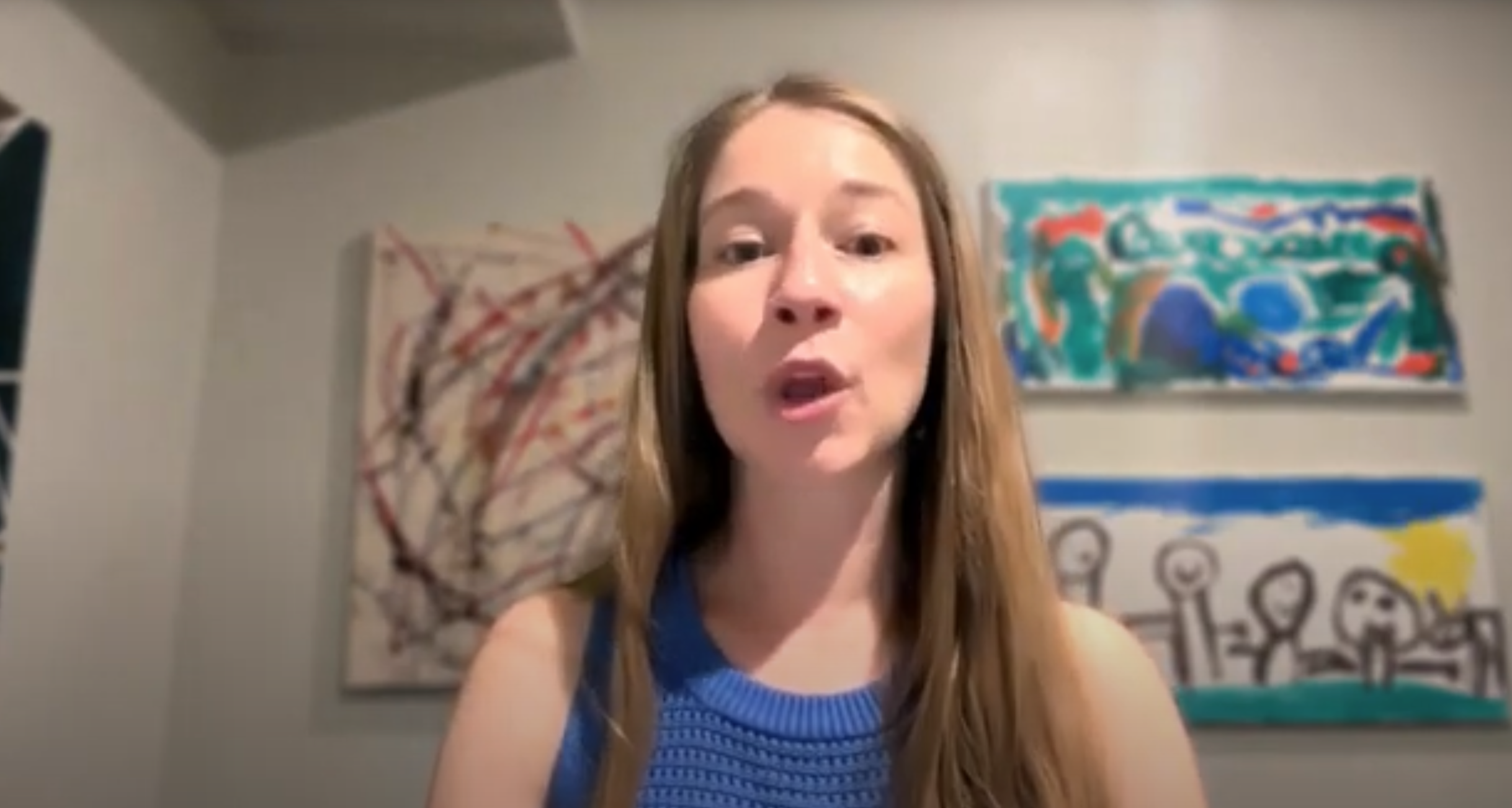
Video
Beyond the AI Hype: What Actually Works in Classrooms
Brooke James, Managing Director of Teaching Lab Studio, hits on something crucial in the video above — the gap between AI promises and classroom reality.
Watch the video: Beyond the AI Hype: What Actually Works in Classrooms
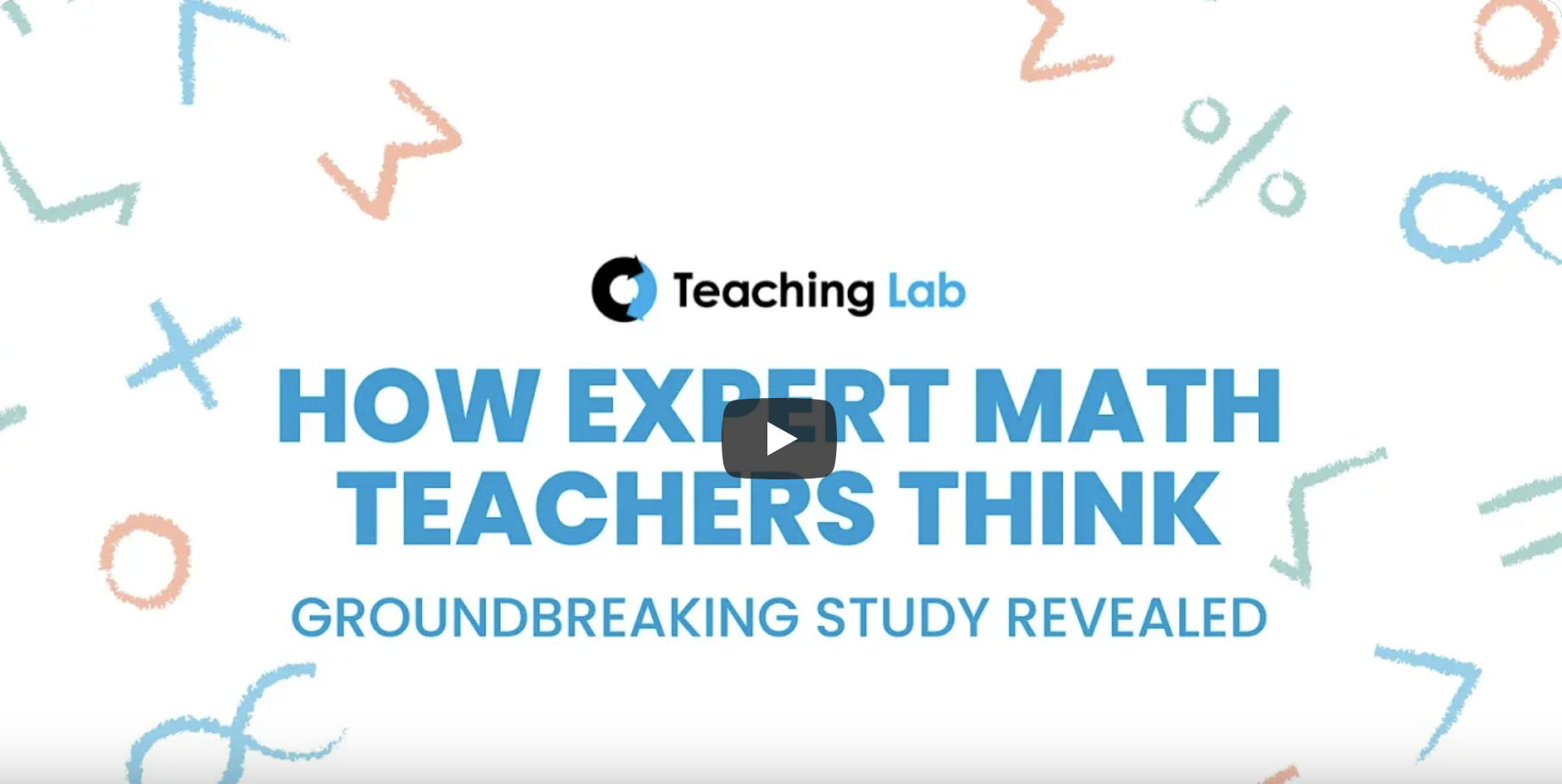
Video
[Webinar] New Research Reveals How Expert Math Teachers Think
Discover groundbreaking research that reveals the cognitive processes behind expert math teaching and practical solutions for closing the post-pandemic achievement gap.
Watch the video: [Webinar] New Research Reveals How Expert Math Teachers Think
Featured Reports
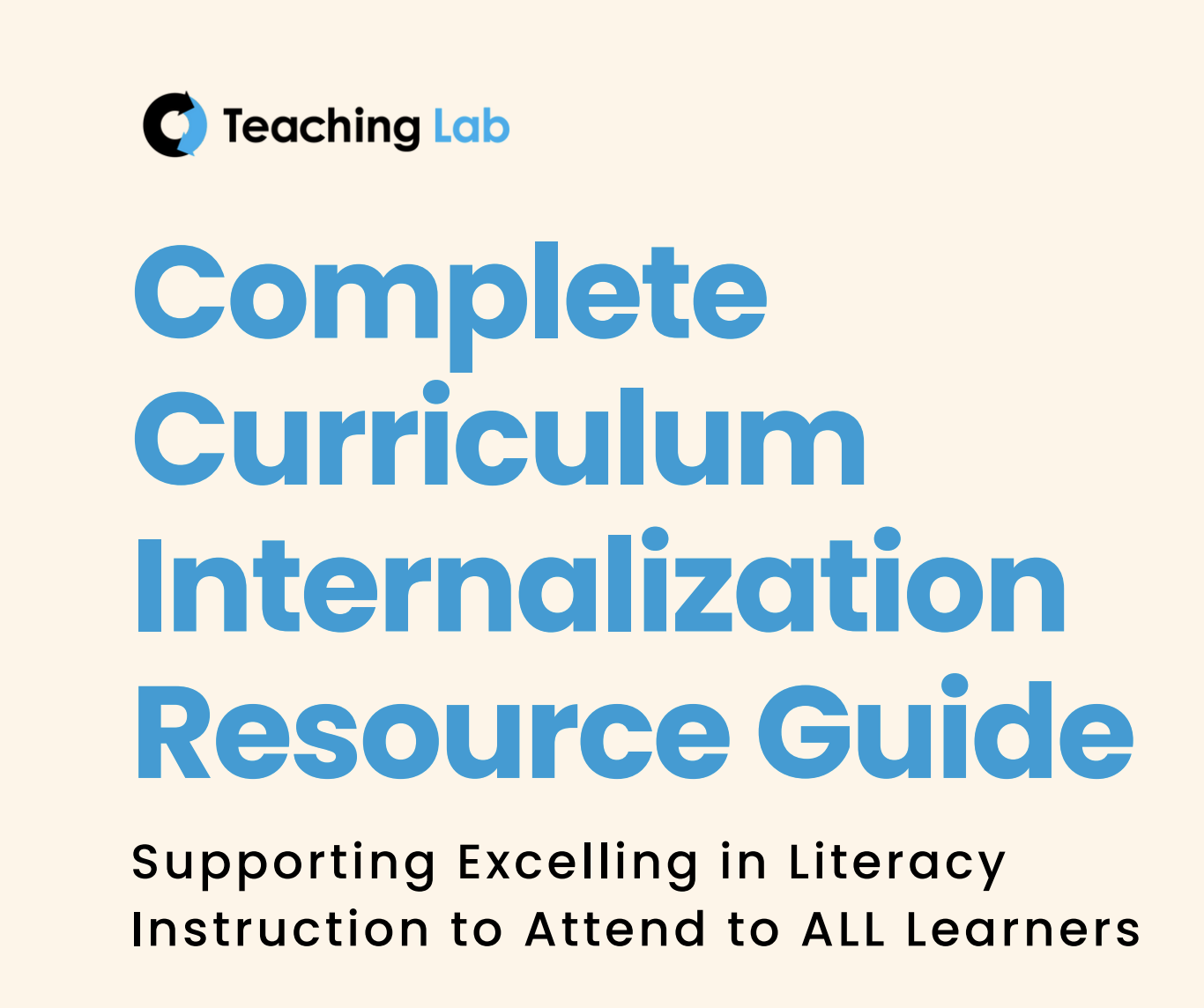
Report
Complete Curriculum Internalization Resource Guide
Get the Curriculum Internalization Resource Guide that helps educators better serve multilingual learners.
Download the Complete Curriculum Internalization Resource Guide report
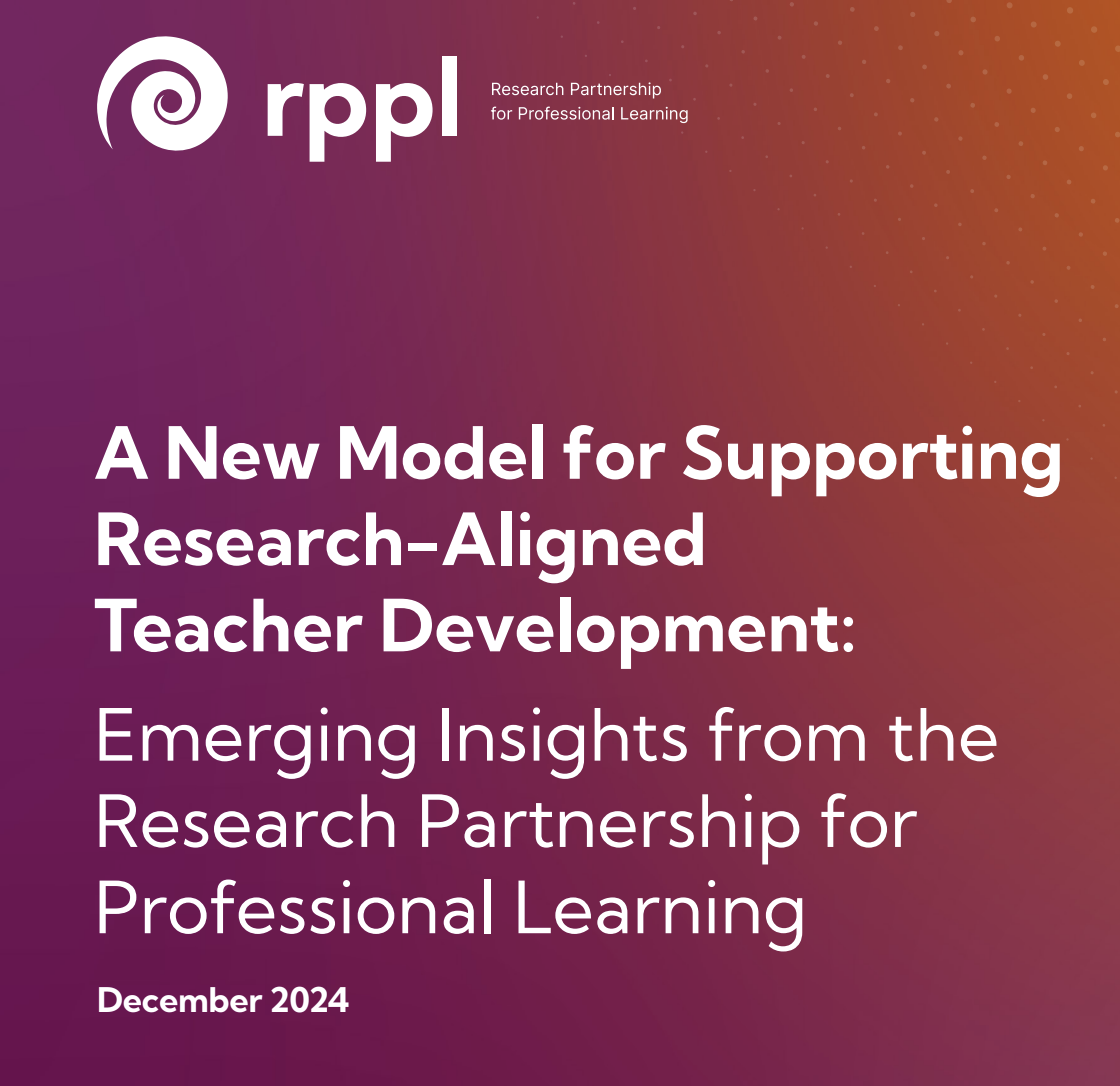
Report
Research Partnership for Professional Learning (RPPL) Report
This report reviews RPPL's ongoing work with a critical eye, aiming to capture how the work and theory of action has evolved and what this means for our ability to accelerate knowledge about equitable
Download the Research Partnership for Professional Learning (RPPL) Report report